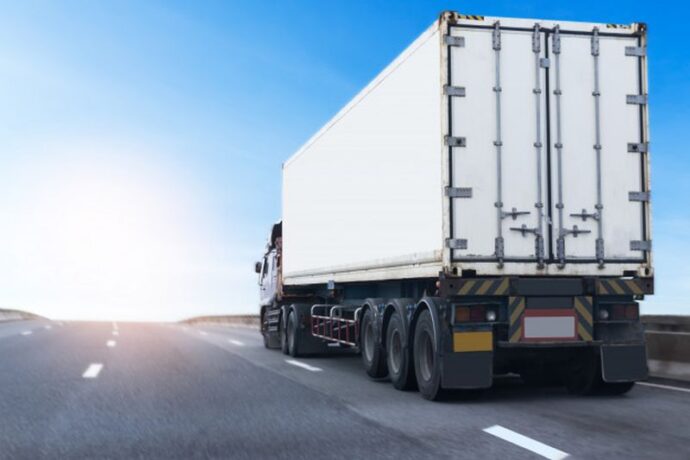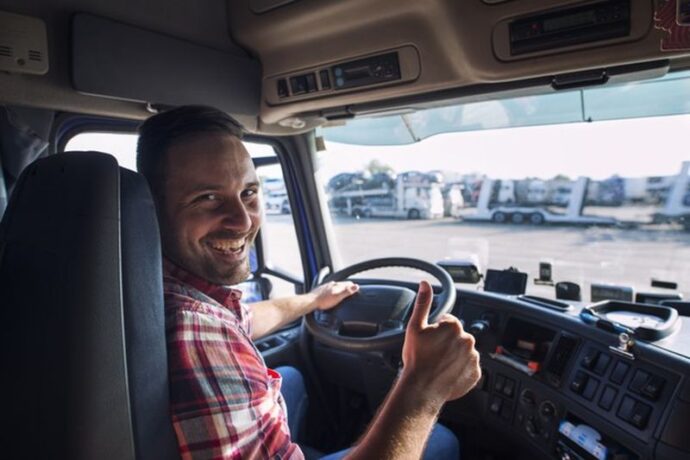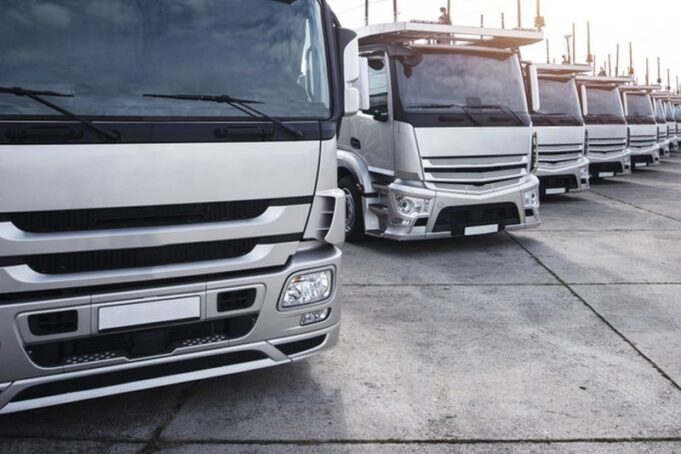The motor industry overall has faced a major overhauling in recent years owing to stricter regulations. Particularly, the global focus has been on controlling carbon emissions in the upcoming years and subjecting highways to stricter over speeding laws to control the surge in accidents. In the world forums, climate change has been widely discussed, and world leaders are particularly focused on reversing the trend. Currently, they are implementing policies that will help reduce the causes of climate change.
The Trucking industry has been no different and has received the same treatment. Now with a new administration controlling reigns in Washington D.C. and novel working ways established by a global pandemic, all pressure lies on the Trucking Industry to reinvent itself in the light of new laws and regulations.
Owing to the importance of global trade and logistics, the Trucking Industry has always been innovative in ways to protect its legitimacy. With the rise of the pandemic, we saw the Trucking association place a strong emphasis on personal protection and social distancing. Similarly, in the wake of stronger regulatory compliance requirements, such as updating the MCS-150 form on a two-year basis, truck owners were quick to catch up speed with all legal proceedings. You can read more here about the MCS-150.
Given the context of an ever-evolving logistics environment, here are 8 ways the Trucking Industry will change in 2024:

Stronger Speed Limit Mandates Are Unavoidable
In the previous administration, there was a speed limit in place for trucks that varied by state. This was particularly beneficial for Trucking fleets that moved goods in high trade volume states since a greater speed limit carved the way for efficient operations.
Moving forward, federal agencies including the National Highway Traffic Safety Administration and the Federal Motor Carrier Safety Administration has hinted towards a more stringent speed limit for heavy-duty vehicles that weigh more than 26,000 pounds. This regulatory requirement will impact the vast majority of Truck and Bus fleets across the country.
Stronger Focus on Driver Assistance Technologies
The inroads of technology in the motor industry have been exponential with the rise of Automated Driver Assistance Technologies (ADAS). These sophisticated modules increase the safety of trucking vehicles by embedding a communication system that can guide and assist drivers of incoming hazards.
It is expected that federal agencies will shape their safety infrastructure against ADAS technologies. This means the Trucking Industry will have to invest in buying trucks that either come with this technology or look for service providers that can bring existing trucks at par with new ones.
The Electric Truck Revolution is Incoming
Electric vehicles are the talk of the town. The trucking industry will also need to reorient itself and work on reducing carbon emissions as a matter of policy. The Biden administration recently promised to replace 650,000 vehicles of the U.S. government fleet with newer, more energy-efficient electric models.
The global commitment towards fighting climate change, and the international outcry against gas and oil permits means that the future of crude oil is bleak. Price fluctuations, supply problems, and bans cannot be avoided. Hence, to ensure that the operations of the Trucking Industry remain smooth, nationwide trucking infrastructure needs to support the shift towards electricity.

Increased Insurance Premiums
The Biden administration has also hinted towards increase Insurance premiums for the Trucking Industry. Though a pushback is expected from the leading player of the trucking business, the entry-level business owners will be affected the most. Most commentators have suggested that a surge in Insurance premiums will leverage a shift towards sophisticated safety technology – in a bid to avoid incurring soaring premiums.
Shortage of Truck Drivers in Generation Z
Stereotypically, the Trucking Business is associated with the older generation. A recent deep-dive into the age of truck drivers revealed that the average age in the U.S. alone is 55 years old. This paints a startling picture for the future of the Trucking industry in the upcoming years.
In the next five years, most of these truck drivers will retire. In this situation, it is necessary for the industry to leverage the interest of the upcoming generation. Experts predict that with the rise of newer and more sophisticated truck models, self-driving modules, and heightened interest in cleaner fuels like hydrogen and electric, the new generation of Truck drivers might just be around the corner!
The Truck Camraderie is Fading
The strongest relationships are forged on the road. The truckers fraternity is famous for having the backs of one another but owing to magnitude of distant operations, this brotherhood is fading with time.
One of the toughest challenges faced by the Trucking Industry in 2024 is the withering away of the Trucker community. This is not unprecedented altogether mainly because of two reasons. Firstly, the rise of long-distance commutes means that most drivers of the same fleet do not get to spend much time together. Secondly, truckers generally have less time to mingle and interact with one another because of the pressure of keeping up with regulatory compliances.

E-Commerce: A Constant Trucking Season
Gone are the days when commodities were traded sporadically. With the rise of e-commerce the expectation of consumers have transformed. People are increasingly becoming accustomed to quick deliveries, and this means gold for Truckers. The increase in volume of logistics and consumer dispatches means that truckers will enjoy a constant ‘’Peak Season’’.
During the time that COVID-19 was in full bloom, the importance of e-commerce was felt across the globe. People required everyday essentials yet had no access to supermarkets and malls, and this was the time when Truckers had to move goods across states to sustain supply. Ecommerce is here to stay and so is the trucking season.
Conclusion
In the wake of the above trends, it should come as no surprise that changes will be made to the trucking industry. The trucking industry will have to reinvent itself in order to meet heightened demands caused by e-commerce, adhere to stricter regulatory requirements, or facilitate the transition to cleaner and greener technologies.















